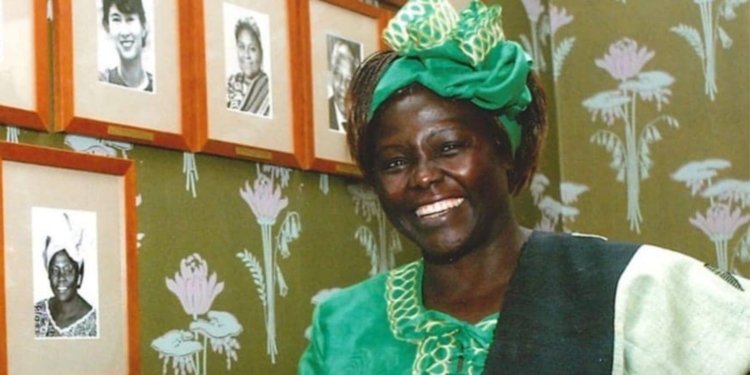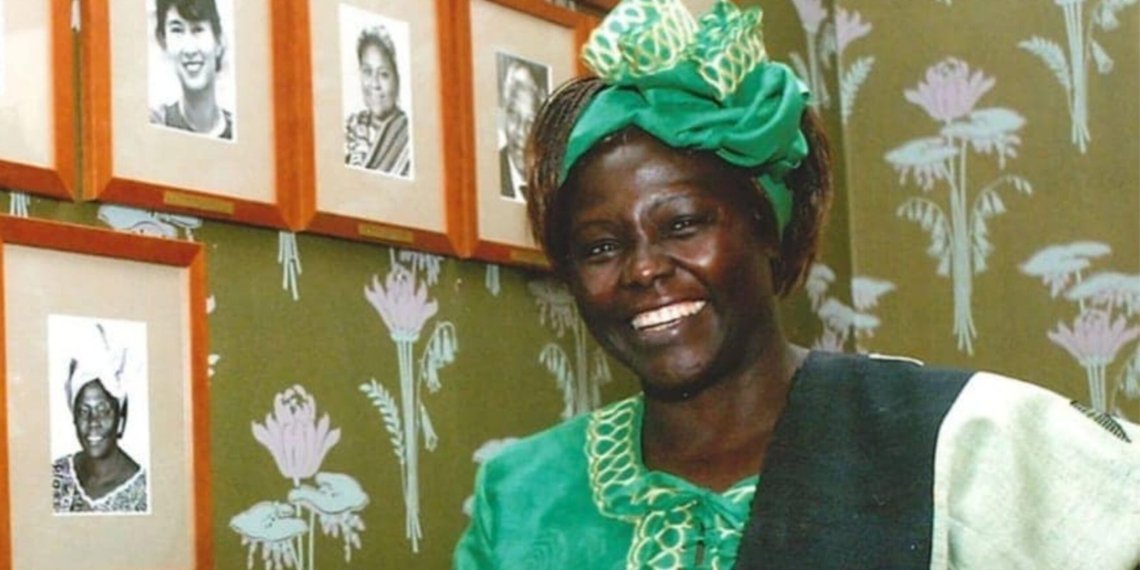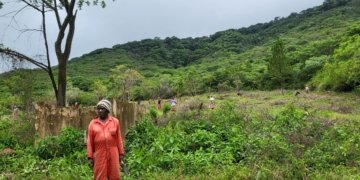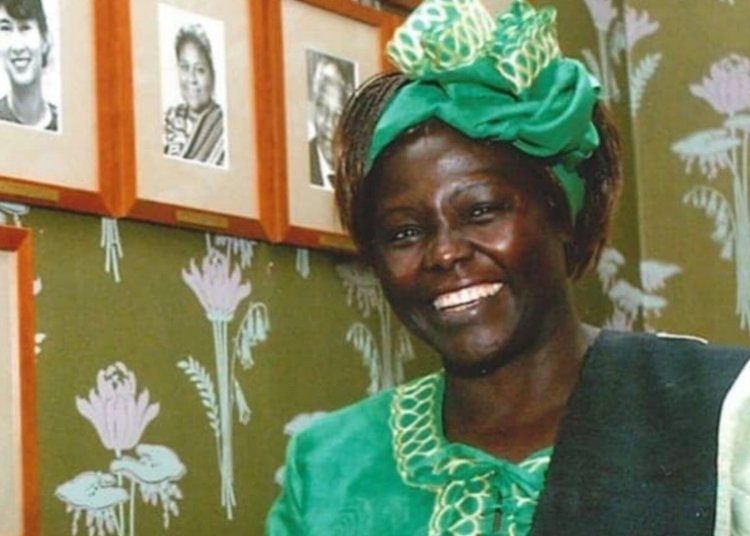NAIROBI, Kenya (BG) – Every March 3, Africa unites to honor the life and legacy of Professor Wangari Maathai, a visionary leader, environmentalist, and the first Black African woman to receive a Nobel Peace Prize.
As the continent commemorates Wangari Maathai Day, it reflects on her significant contributions to environmental conservation, sustainable development, and social justice.
Marking the occasion, the African Union paid tribute to Maathai in a social media post, stating:
“Today, we honor the life and legacy of Prof. Wangari Maathai, a visionary leader, environmentalist, and the first African woman to be awarded the Nobel Peace Prize. Her unwavering dedication to environmental conservation, sustainable development, and social justice continues to inspire generations.”
A Trailblazer for Environmental Advocacy
Born April 1, 1940, in Nyeri, Kenya, Maathai dedicated her life to protecting Africa’s natural heritage.
She founded the Green Belt Movement, a grassroots organization that has planted tens of millions of trees across Kenya, combating deforestation and soil erosion while empowering rural communities—especially women.
In 2004, Maathai made history as the first Black African woman to win the Nobel Peace Prize, recognized for her relentless fight for sustainable environmental practices and democracy.
Throughout her career, Maathai faced immense challenges. Her activism against illegal land privatization and deforestation brought her into direct conflict with the Kenyan government.
She endured harassment, imprisonment, and threats but remained undeterred in her mission.
“When we plant trees, we plant the seeds of peace and seeds of hope,” she once said, encapsulating her belief that environmental conservation and social justice are inseparable.
A Legacy of Courage and Global Influence
From 2004 until her death on Sept. 25, 2011, Maathai traveled the world, advocating for action on climate change, environmental justice, governance, and women’s rights. Her work influenced global environmental policies, inspiring activists, governments, and institutions to embrace sustainable solutions.
Recognizing her contributions, the African Union designated March 3 as Africa Environment and Wangari Maathai Day in 2012, ensuring that her legacy continues to inspire future generations.
Despite Maathai’s monumental efforts, Africa continues to face severe environmental threats. Climate change, deforestation, biodiversity loss, desertification, and unsustainable resource use jeopardize the continent’s future.
These challenges remain significant obstacles to achieving the goals outlined in Africa’s Agenda 2063, which envisions a prosperous and sustainable Africa.
A Call to Action: Carrying Forward Maathai’s Mission
As Africa marks this important day, leaders, activists, and citizens are urged to reaffirm their commitment to environmental conservation and sustainable development.
Planting trees, supporting reforestation projects, promoting climate resilience, and advocating for responsible governance are vital steps to honoring Maathai’s legacy.
“My fellow Africans, as we embrace this recognition, let us use it to intensify our commitment to our people, to reduce conflicts and poverty and thereby improve their quality of life,” Maathai declared in her Nobel lecture in 2004.
Her words remain a rallying call for all Africans to protect their environment and secure a sustainable future.
On Africa Environment and Wangari Maathai Day, the continent remembers a remarkable woman and recommits to safeguarding the planet for generations to come.































